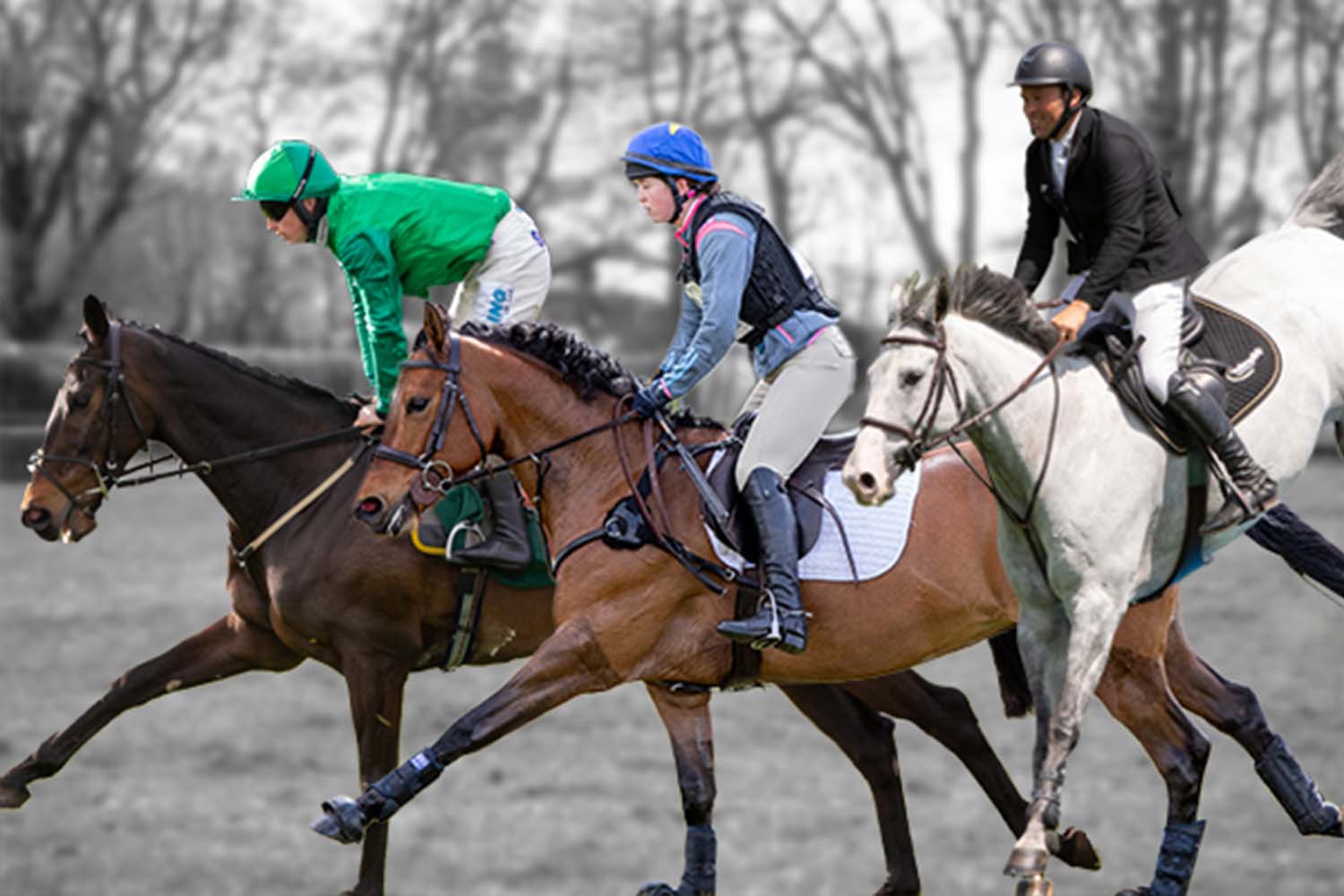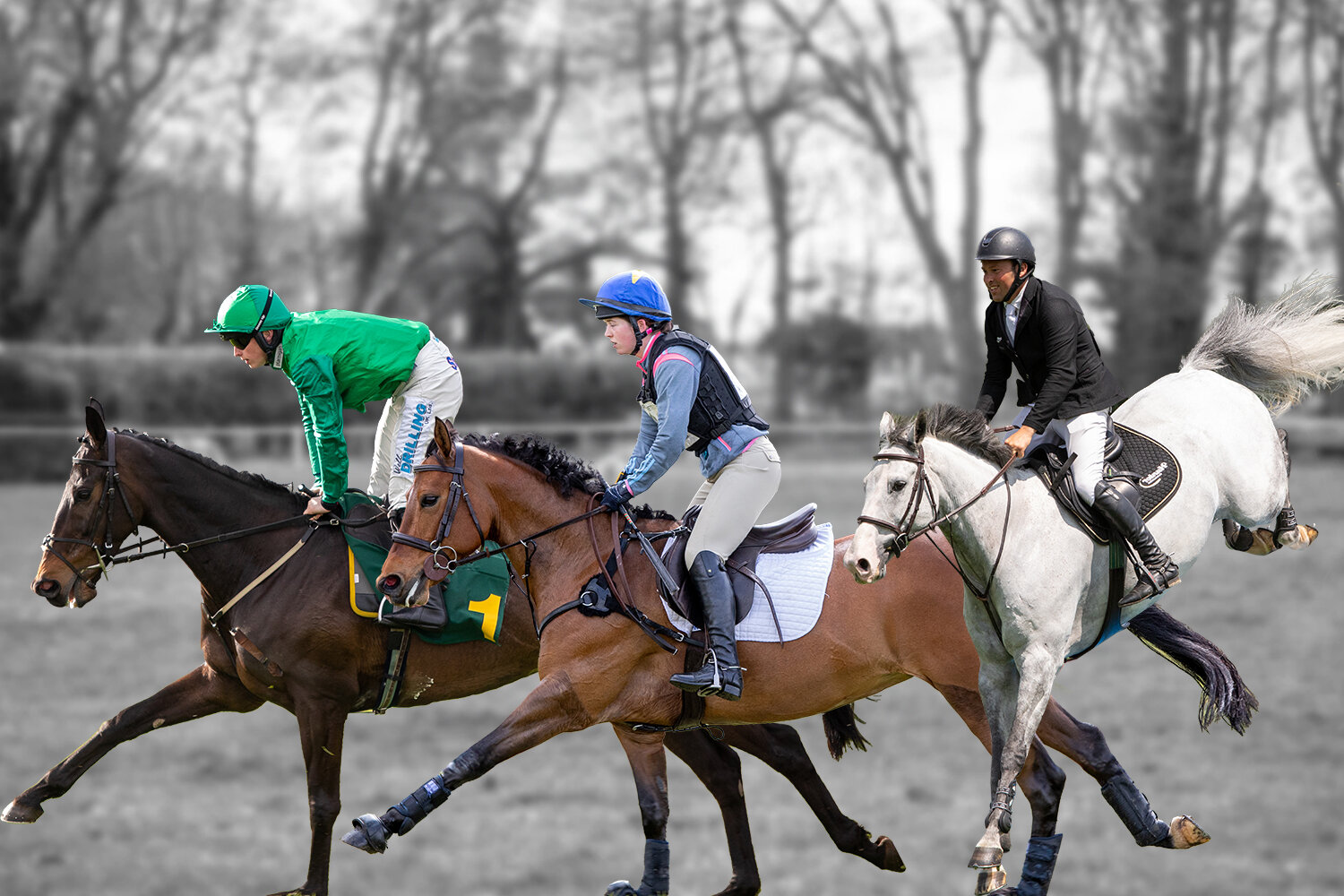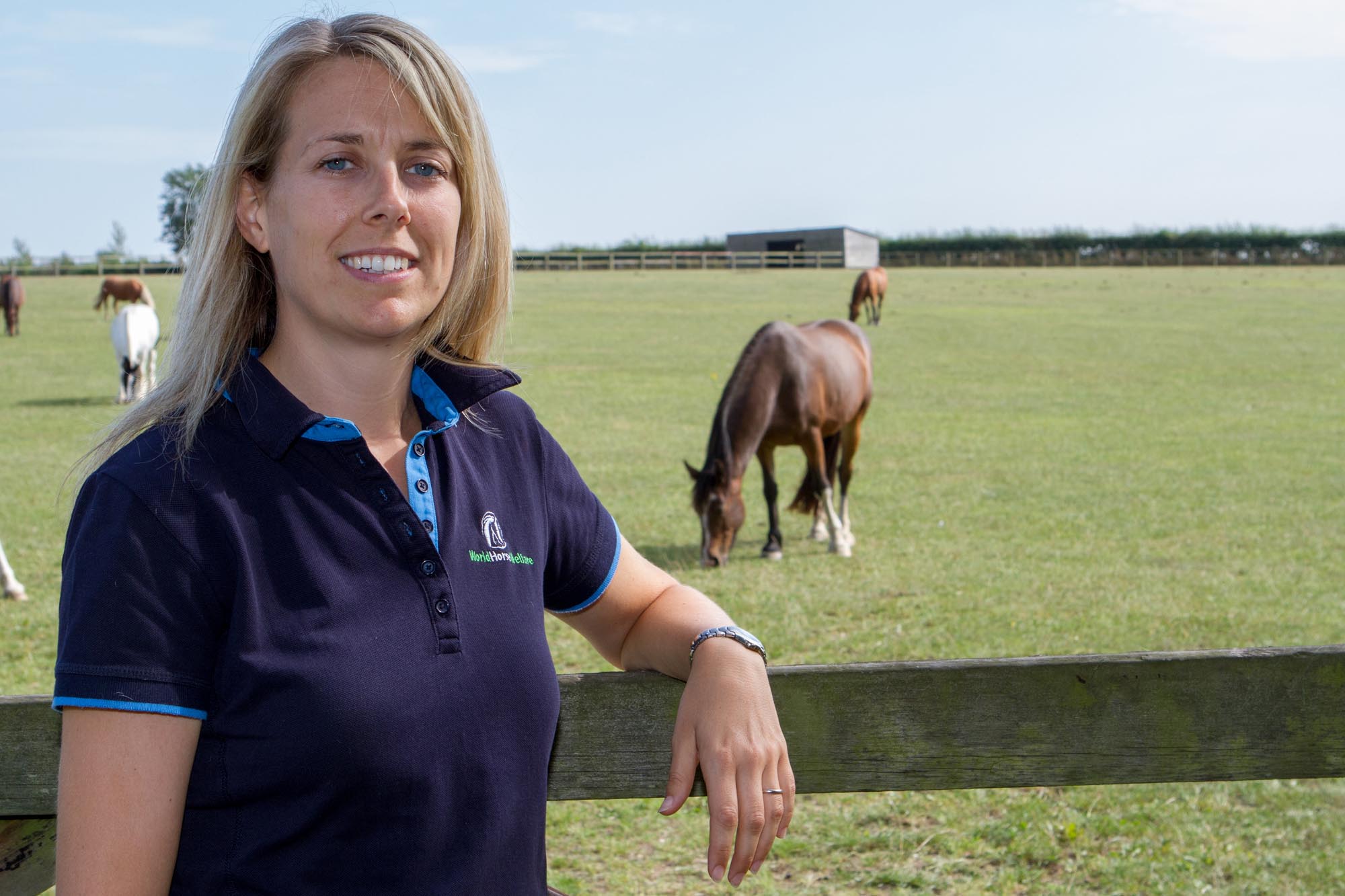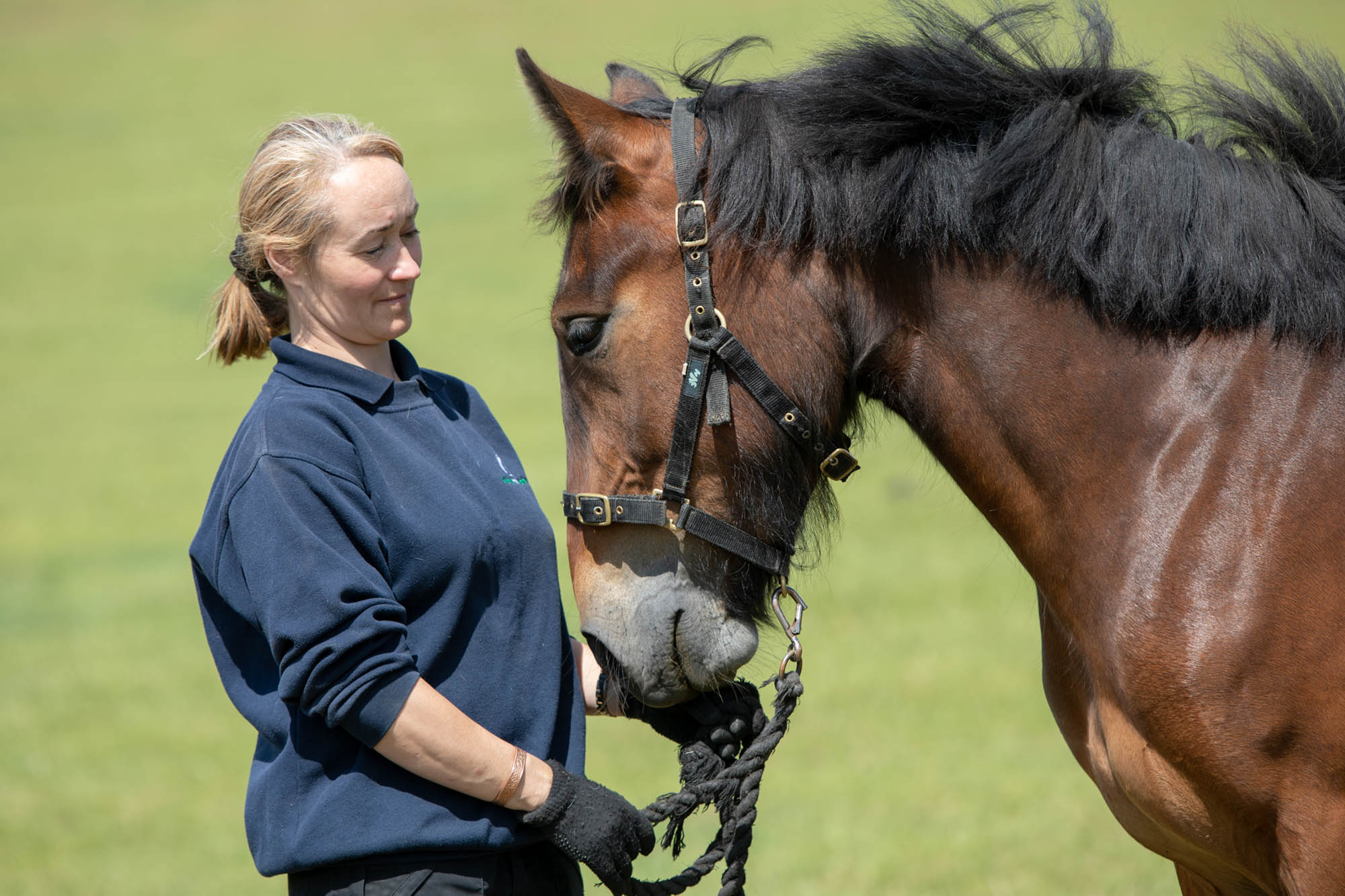Horse welfare in sport
Social licence event to reveal how much influence mainstream and social media have in influencing public support
Posted on 11/06/2024

Today we are hosting an event for horse sport leaders and the media where we will reveal the results from our annual YouGov survey* of public opinion, which this year focused on how the public’s view of equestrian sport is – or is not – influenced. The event, “Social Licence and the Involvement of Horses in Sport – Who Influences Who?”, will take place from 11:00am-12:30pm (BST) in London and online.
This third annual survey underscores the consistency of public sentiment regarding equine participation in sports, but offers interesting additional insights into how that sentiment is shaped:
- The number who feel their confidence in welfare in horse sport has been positively impacted by media coverage is growing – from 10% in 2022 to 15% in 2023 and now 17% this year.
- The leading factor that influences how much trust the public places in horse sport to protect horse welfare is what riders and those who are directly involved in horse sports say and do (28%), followed by what they see and hear in the media (25%), what people who are directly involved with horses (but not in horse sports) say and do (20%), and what the horse sports’ governing bodies say and do (18%).
- The individuals or organisations that most influence the general public’s opinions about the involvement of horses in sport are animal welfare organisations (26%), followed by vets and animal health professionals (20%), and people they know who are involved with horses (18%). In contrast, those who interact regularly with horses were most influenced by people they know who are involved with horses (62%) followed by vets and animal health professionals (47%), and animal welfare organisations (35%), with only 12% having no opinion/not being influenced
- Despite the decline in traditional media, mainstream media influenced almost one in three respondents’ views on the involvement of horses in sport (29%), compared to only 14% who highlighted social media.
- For those who interact regularly with horses, after television (44%), Facebook is the most popular source of horse sport-related content (41%)
- The proportion of the public who do not support the use of horses in sport at all (20%), who support it only if welfare improves (41%) and those wanting increased welfare measures (56%) has barely changed in the past three years.
The event will explore these results further and will feature a panel discussion chaired by journalist and editor Lucy Higginson, with notable speakers:
- Johan Fyrberg, Secretary General, Swedish Equestrian Federation
- Gemma Pearson MRCVS, Director of Behaviour, The Horse Trust and lecturer in equine behaviour at The Royal (Dick) School of Veterinary Studies, Edinburgh
- Nick Luck, broadcaster and writer
- Tina and Isabelle Cook, mother and daughter eventers, with accolades including European and Olympic medals
“We look forward to sharing these results and shedding some light on ‘Who influences who?’ with such significant voices in the horse sport and racing world. There has been some real momentum in parts of the horse world to improve welfare and safety in recent years, and it’s encouraging to see that media coverage is helping to boost public confidence. But these findings also highlight that the media is just one of the ways to influence public opinion and we look forward to exploring the myriad of influences on public views during these discussions.”
World Horse Welfare Chief Executive, Roly Owers
The survey reflects the views of 4,195 respondents aged 18+ in the UK, including 2.3% who regularly interact with horses.
*The YouGov public opinion survey was undertaken between 29th and 30th May 2024. The survey was carried out online. The sample sizes for the 2022 and 2023 survey was 2057 and 4368 adults and was conducted in May 2022 and 2023 each. The figures are representative of all UK adults (aged 18+), come from a wide geographic and demographic range and are representative of the population in terms of gender, age, socioeconomic background, etc.
Topics
Related News

Horse sport leaders and influential voices are brought together to explore what influences public opinion on horse welfare across all equestrian disciplines
"It’s vitally important that we step outside of ourselves and our horse world and, when we think about welfare, seek and trust independent perspectives."

New weekly event for parents and children at Hall Farm
Hall Farm in Norfolk launches a weekly event for families
Recommended Blog Posts

Reflections on our relationship with the Balmoral Estate
Centre Manager Eileen reflects on Belwade Farm’s connection with Balmoral Estate – the Scottish residence of our late monarch Her Majesty Queen Elizabeth II – over the years.

Laminitis: what is it, why do horses get it, and how is it treated?
Head of UK Support Sam Chubbock explains what laminitis is, what causes it and how it can be treated.

“So how does Vet Day work then?”
Claire Dickie, Glenda Spooner Farm Centre Manager, gives an overview of how vet day works at our farms.
Enjoy reading stories like this?
Join over 55,000 other horse lovers and sign up for our email newsletter

Join over 55,000 other horse lovers and sign up for our email newsletter
Sign me up now